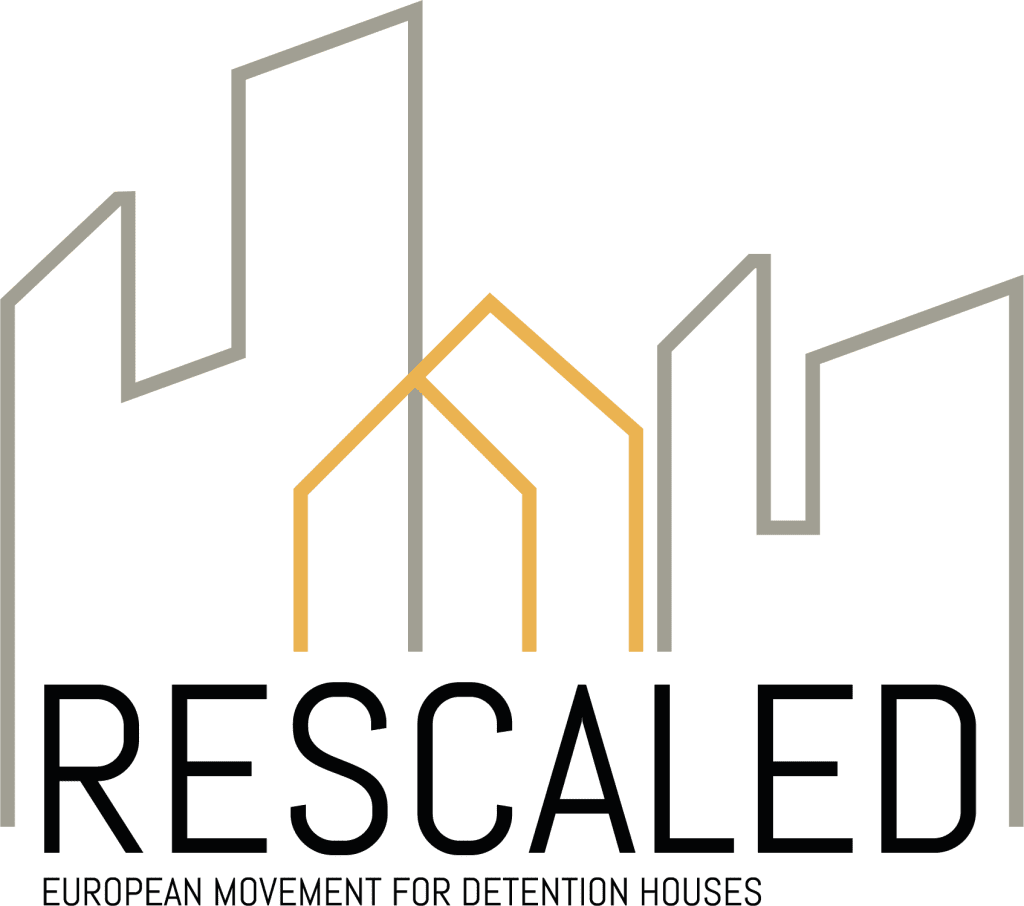Last year I began my exchange program at the University of Oslo. As a student in the US, I had the opportunity to study abroad in Norway for two semesters and I was very excited. There were many countries to choose from, but I specifically wanted to go to Norway because I had heard about their humane prisons and wanted to see if it was everything it was said to be. I realize that understanding a prison system is a holistic process that also requires understanding the culture, history, and economy of Norway. This would take a lifetime. So my experiences of the Norwegian prison system are small and biased. Nonetheless, I learned many valuable things while there.
In January I got plugged into a non-profit called Wayback. Before I arrived in August 2019, I had done a lot of research on various non-profits in Oslo that I could connect with. Wayback primarily works with people that have been previously incarcerated, so I thought it would be a great way to get to know more about the prison system. The people at the organization were all wonderfully kind and welcoming despite my poor Norwegian speaking skills. I mainly helped out with social events, such as lunches or weekly dinners. This was also a great opportunity for me to talk with the members and discuss their thoughts on the Norwegian prison system. I was fortunate to be able to interview one member more thoroughly. All of these interactions became pieces to the larger puzzle that I was trying to piece together on the issue of prisons.

“Large prisons turn prisoners into numbers, cells, bodies.”
I think that small-scale prisons can offer a lot to prison reform. Their design and concept would redeem human dignity on the inside by increasing the ratio between staff and insiders and seeing prisoners as future neighbors. Large prisons turn prisoners into numbers, cells, bodies. With large prisons, we cannot change the prison system. RESCALED represents an important direction in prison reform.
But a concept is only a concept until it is applied and application is highly dependent on the context and country. While some European countries, such as Belgium, have tangible examples of small-scale prisons, this is hard to find in the US. The US faces a completely different set of challenges in implementing small-scale prisons, maybe the biggest one being size. The US is known to have nearly 25% of the world’s prison population while only being 5% of the world’s population. Many have termed this enormous issue mass incarceration. Before the US would even be able to consider small-scale prisons, some major  institutional changes would have to happen. First, mass incarceration would need to come to an end and more money needs to be put in alternatives to prison. This would decrease the population in prisons meaning that down-sizing would be more tangible. Second is cultural change. RESCALED works because people believe that prisoners deserve better treatment and that they are human. The prison system in the US is deeply rooted in racism and cultural misconceptions of crime and punishment.
institutional changes would have to happen. First, mass incarceration would need to come to an end and more money needs to be put in alternatives to prison. This would decrease the population in prisons meaning that down-sizing would be more tangible. Second is cultural change. RESCALED works because people believe that prisoners deserve better treatment and that they are human. The prison system in the US is deeply rooted in racism and cultural misconceptions of crime and punishment.
“So while RESCALED is only one piece to the puzzle in both the US and Europe, I think it is an invaluable piece.”
While change is happening, it is slow and happens on a state-by-state basis. In Oregon, for example, some prison officials from Oregon State Penitentiary were involved in an exchange in Norway and a couple of other European countries. They visited more humane prisons and attended workshops on better practices. I think an ongoing exchange of ideas with better prison systems is essential in shifting the culture in the States. RESCALED could have an influence on the American concept of prisons, too. There are already some small-scale and community integrated institutions in the US, such as some juvenile detention centers and halfway houses, but these are generally an exception to the rule of large prisons. So while RESCALED is only one piece to the puzzle in both the US and Europe, I think it is an invaluable piece.


